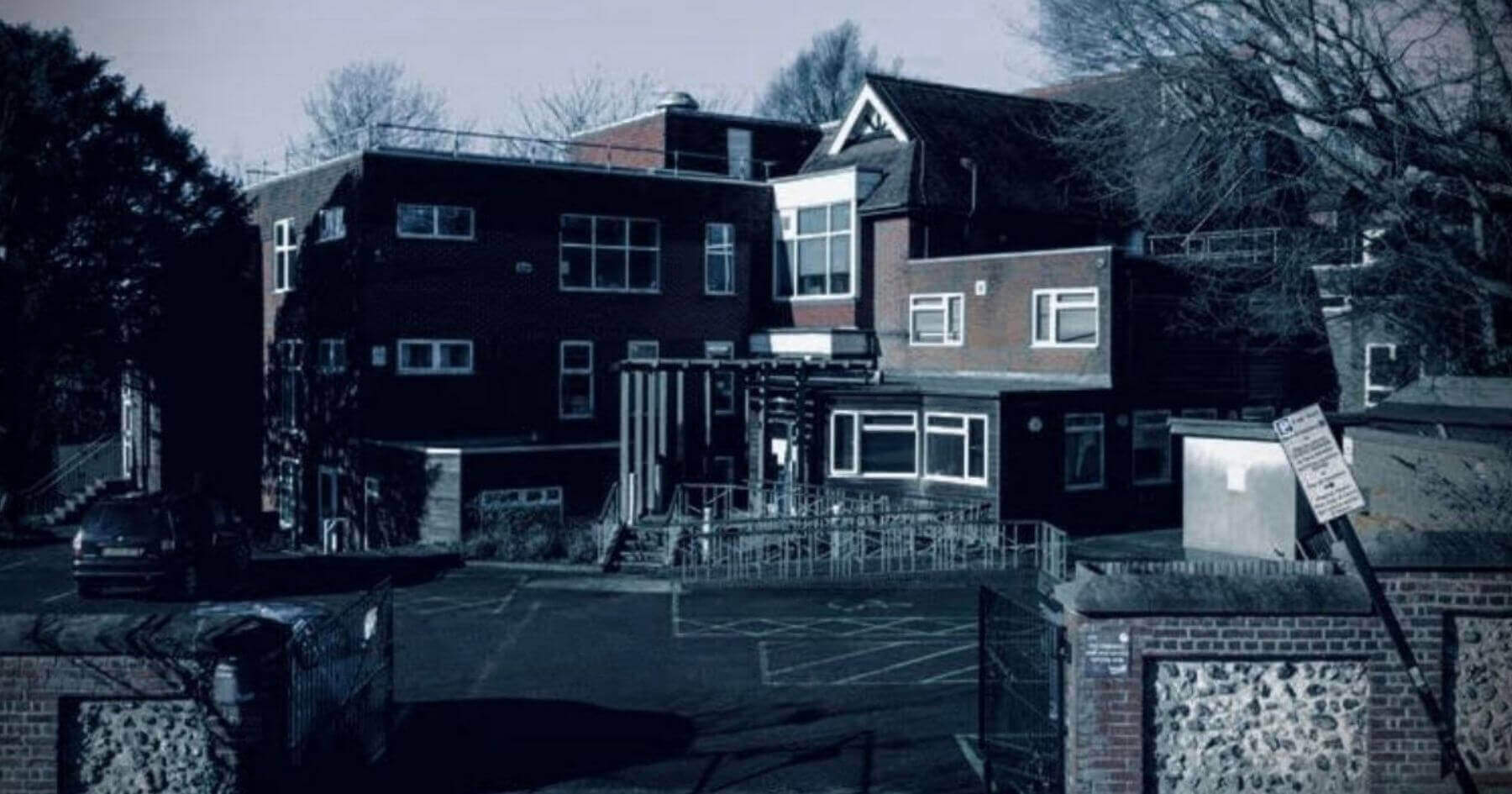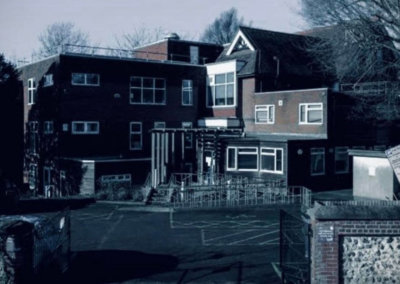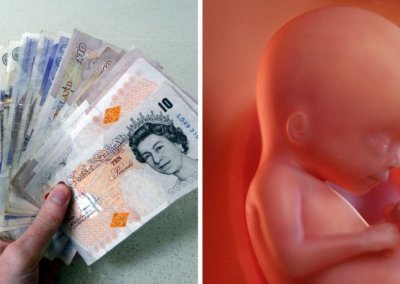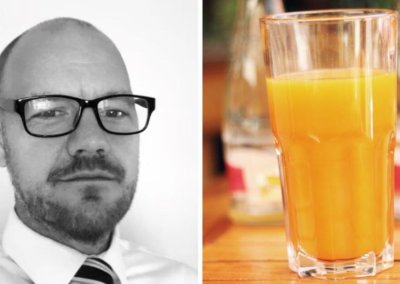Four new abortion clinics are to open in South East England.
Britain’s largest abortion provider, the British Pregnancy Advisory Service (BPAS), which performed 89,043 abortions in 2019-2020, ran an abortion clinic in Wiston’s clinic in Brighton for over 40 years, as well as satellite services in Bognor Regis and Eastbourne. However, BPAS has now admitted that it has lost its contract with the NHS in the area. The services will be taken over and expanded by BPAS’ chief competitor, MSI Reproductive Choices (MSI).
MSI was responsible for over 61,000 abortions in England in 2019-2020 and will now be opening a new medical and surgical abortion clinic in Brighton and three new clinics in Crawley, Hastings and Bognor Regis. The new MSI abortion clinic in Brighton will be providing surgical and medical abortions as well as DIY home abortion via remote consultation.
Series of scandals at MSI abortion clinics
In 2017, a damning report from the UK’s Care Quality Commission (CQC) accused Marie Stopes International (now MSI Reproductive Choices) of paying staff bonuses for persuading women to have abortions.
At all 70 Marie Stopes clinics, inspectors from the Care Quality Commission found evidence of a policy that saw staff utilise a high-pressure sales tactic, phoning women who had decided against having an abortion to offer them another appointment.
Staff told inspectors that the Maidstone clinic was like a “cattle market” and described a “very target-driven culture”.
The report also outlined that inspectors found that parents or friends of pregnant women who might persuade them to think again about going ahead with an abortion were “seen as an inconvenience” and that “their presence was strongly discouraged”.
The Care Quality Commission was also concerned that girls under the age of 16 were undergoing abortions without being made fully aware of the consequences and risks. The report outlined that: “Staff without appropriate safeguarding training were making decisions about the treatment of children attending the clinic”.
Another report in 2017 showed that nearly 400 botched abortions were carried out in two months at Marie Stopes clinics. The report also outlined that in another three-month period, 11 women needed emergency transfers to hospital after difficulties at facilities run by the abortion provider.
In 2016, Marie Stopes International was forced to suspend abortion services for a month after an unannounced inspection by the CQC found 2,600 safety flaws at Marie Stopes International abortion clinics in the UK, including doctors going home and leaving women under sedation to be supervised by nurses and healthcare assistants, fetuses being put in waste bins rather than cremated and staff trying to give a vulnerable, visibly distressed woman an abortion without her consent.
The inspectors also found that almost half of nurses working at the clinics had not been trained to do resuscitation, that safety incidents including medical blunders and equipment failures had increased by a third in a year, and that doctors were signing off up to 60 consent forms at a time when they were meant to be making a thorough assessment. One filled in up to 26 consent forms in two minutes.
In 2012, a woman called Aisha Chithira, 32, bled to death in a taxi after having an abortion at a Marie Stopes clinic in Ealing. A Marie Stopes doctor and two nurses were charged and then acquitted of gross negligence manslaughter.
In December 2011, Dr Phanuel Dartney was struck off the General Medical Register for almost killing an Irish woman after performing a botched abortion at the same Ealing Marie Stopes clinic. He left parts of the fetus inside her which led to her suffering a perforated uterus after he performed an abortion. The woman returned home and was later taken to hospital where she remained on the critical list for two months. The disciplinary panel of the General Medical Council said he posed a risk to the public by engaging in medical malpractice and dishonesty.
Home abortions
DIY home abortions, where the person wanting the abortion has a consultation via telephone or video call, are widely recognised to be potentially dangerous to women’s safety and liable to abuse.
Critics of DIY home abortions have drawn attention to the large potential for abuse from the beginning, pointing out that once abortion pills are sent in the post, there is no guarantee about who ultimately takes them.
A series of undercover investigations last year revealed how women were able to obtain pills for their children by pretending to be pregnant themselves. Other women in the investigation were able to obtain abortion pills after the 10-week limit.
Right To Life UK spokesperson, Catherine Robinson, said: “Pro-lifers were right to be cautious when they first heard the news that the BPAS abortion clinic in Brighton was closing earlier this year. All the data indicates that the abortion numbers for 2020 are likely to be the highest ever recorded in the UK. MSI clearly has not let this ‘opportunity’ go to waste”.











